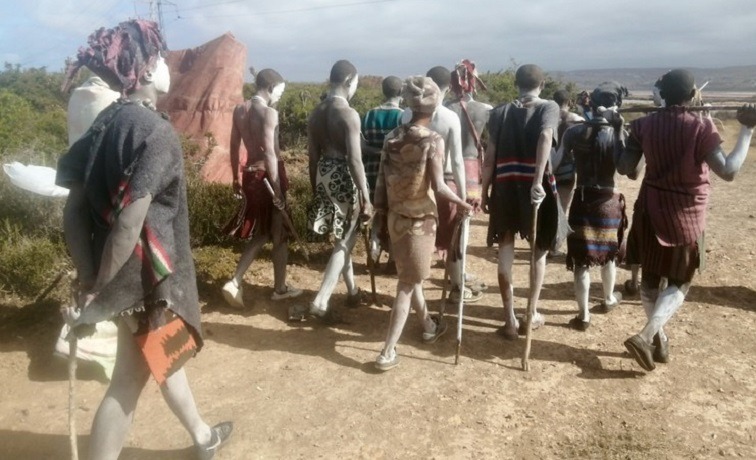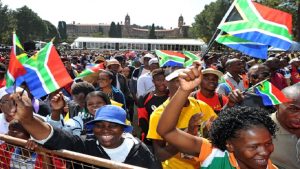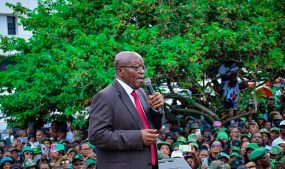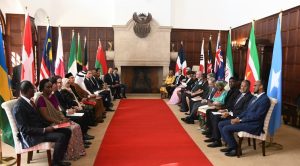President Cyril Ramaphosa has urged traditional leaders to work together to come up with a clear plan to end the deaths of young men during customary initiations. Ramaphosa says it is not right that customary initiations are turned into a harmful practice.
He was speaking during the annual opening of the National House of Traditional and Khoisan Leaders at Parliament. Traditional leaders, many donning their diverse and colourful traditional attire, descended on the chamber of the National Council of Provinces.
The President addressed a number of issues that he said he knew were of importance to traditional leaders.
He once again urged traditional leaders to be in the forefront of efforts to end deaths of initiates at circumcision schools. He says it is not acceptable that young people in the prime of their lives continue to die in this way.
“This is a practice that you as traditional leaders take hold of and make sure that our young boys go to initiation alive and come out alive…we can avoid deaths at initiation,” says Ramaphosa.
The President also addressed what he says is a rise in the killing of traditional leaders, especially in KwaZulu-Natal.
“Our law enforcement agencies have been directed to be hard at work to ensure those responsible are brought to book…all families for the loss of the loved ones and to you all for the loss of your colleagues.”
The President also took time to pay tribute to the late IFP founder Mangosuthu Buthelezi who died last year.
“Beyond being a fountain of knowledge with respect to the institution of traditional leadership, Umtwana KaPhinadangene…his absence among us is deeply felt.”
Ramaphosa also dedicated a large part of his speech to urge traditional leaders to lead the fight against gender-based violence.
“The influence and stature that you as traditional leaders bring to bear can and does make a difference…perpetuating violence against women and girls.”
He urged the traditional leaders to promote free and fair campaigning in their communities, in the run up to the general elections in May.






